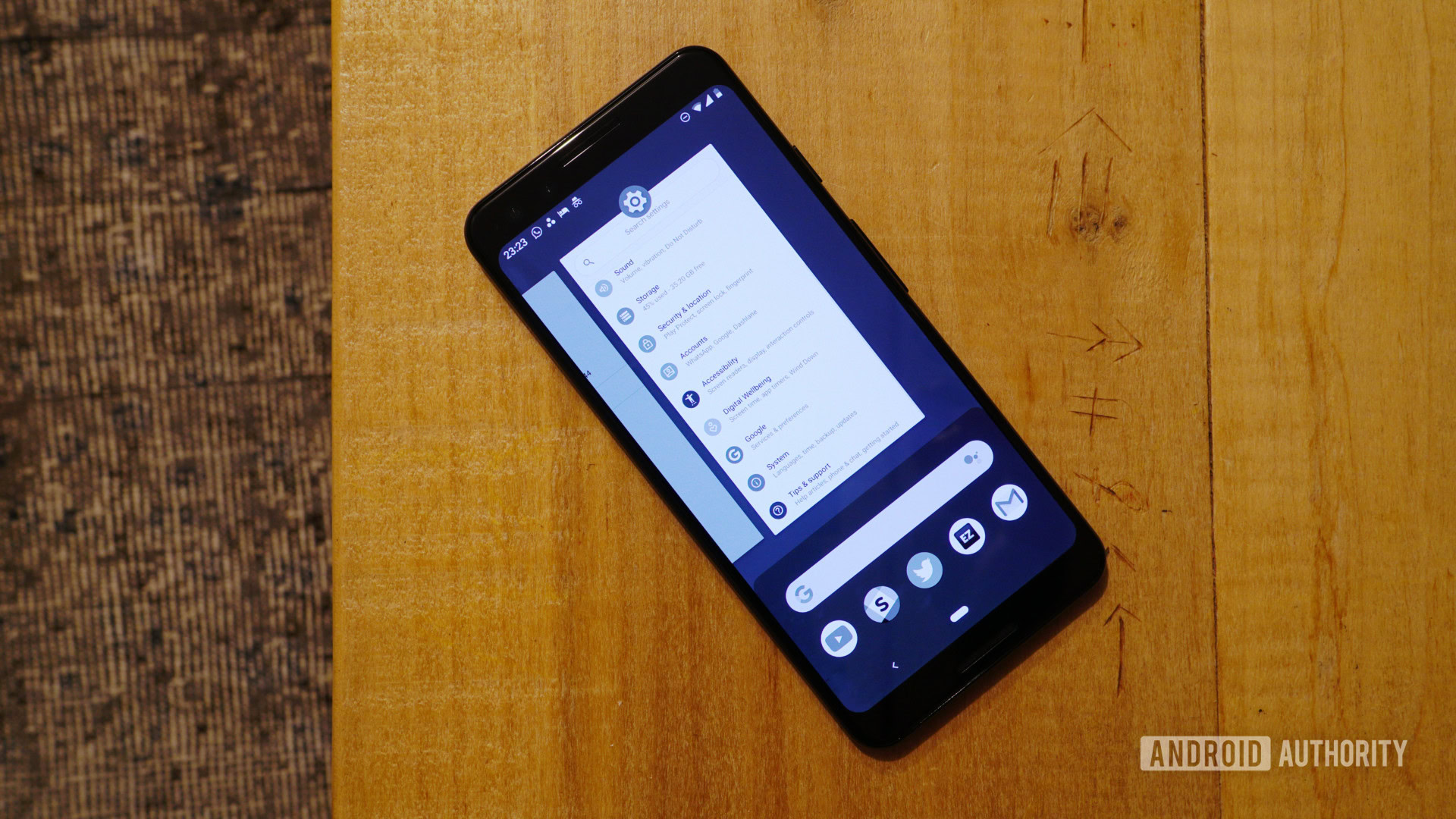Affiliate links on Android Authority may earn us a commission. Learn more.
Google further improves Digital Wellbeing, really wants you to get some sleep
Published onJune 1, 2020

- Google Bedtime feature will replace Wind Down within the suite of Digital Wellbeing tools.
- As with Wind Down, Bedtime helps you get some sleep by pushing you to stop using your phone. It also helps with alarms.
- Pixel phones are getting Bedtime starting now, other phones will see it later this summer.
Google’s suite of Digital Wellbeing tools are available on select Android devices, and they have one singular purpose: to make your life better. Today, Google is rolling out some new updates to Digital Wellbeing, most prominently a new Google Bedtime feature that replaces the previous Wind Down tool.
According to Google Search data, online searches for terms such as “can’t sleep” and “insomnia” have skyrocketed over the past few months, likely due to the COVID-19 pandemic. As such, the new Google Bedtime feature absolutely deserves your attention, as a healthy sleep cycle is one of the best things you can do for your body.
The Google Bedtime feature: What’s new?
For those of you who are familiar with Digital Wellbeing, the new Google Bedtime feature will seem awfully familiar. That’s because it really is just a rebranding of Wind Down, the previous name for the DW tools that help you sleep.
However, the Google Bedtime tool does offer more than Wind Down did and is easier to use, so this isn’t just a simple name change. Here are the things you can do with Bedtime:
- As you get closer to the end of your day, Bedtime will automatically turn on and push you to put down your phone. It will turn your phone to grayscale to make things less distracting as well as turn on Do Not Disturb mode. This silences calls, texts, and notifications, as well as block them from even appearing on your display.
- You can have the Google Bedtime mode turn on at a certain time each day. You can also have it automatically turn on when you plug in your phone or manually turn it off or on with a Quick Settings tile.
- In the Google Clock app, there will now be a Bedtime tab. Here, you can set sleep and wake times to help keep your sleep consistent.
- You’ll also receive reminders that bedtime is approaching. You can tie these reminders with calming music or sounds from Spotify, YouTube Music, or the Calm app.
- If you decide to ignore the Google Bedtime feature and stay awake using your phone, that will be tracked. You can see which apps are keeping you awake and how long you used them.
- The new Sunrise Alarm feature will gradually illuminate your phone 15 minutes before your alarm goes off. This will help you naturally adjust to waking up rather than jumping you awake with a loud tone.
Bedtime is in other apps, too
The Google Bedtime features described above are great, but what if you don’t have a Digital Wellbeing-powered phone? Luckily, other Google apps are incorporating Bedtime, including YouTube and Family Link.
In the YouTube app, you are able to set a bedtime notification that subtly tells you to stop watching cat videos and start getting some shuteye. You can dismiss the reminder, but it will pop up again in 10 minutes and keep doing so until you stop using your phone.
In Family Link, parents can control the functions of their children’s phones to help them get to bed. Parents can create a bedtime schedule that will actually lock their child’s phone, preventing them from using it at all (except for emergency phone calls). The Google Bedtime schedule is easily adjustable so parents can set different bedtimes for weekends and holidays, for example.
If you own a Google Pixel phone, you should start seeing all the Bedtime features soon with the latest Pixel feature drop. If you have a Digital Wellbeing phone that isn’t a Pixel, you’ll see Bedtime at some point this summer.